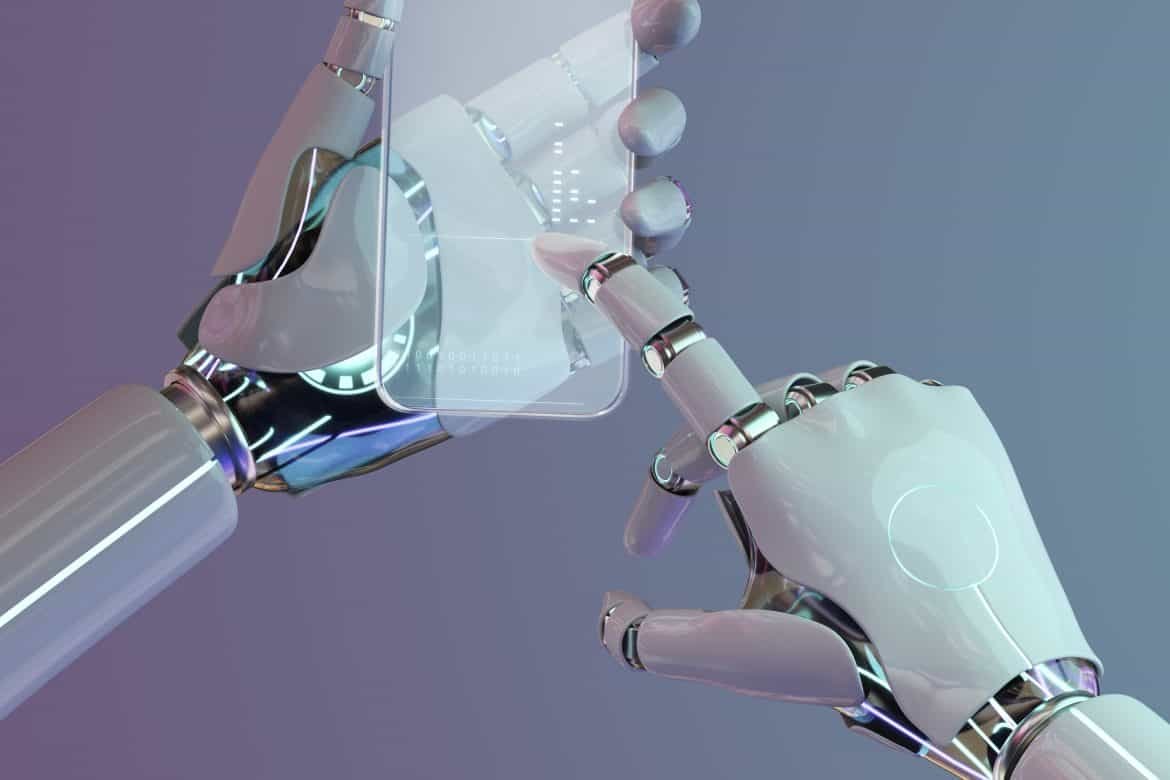
Artificial Intelligence: The Rise of Intelligent Machines
Artificial Intelligence, or AI, is one of the most exciting and rapidly evolving fields of technology today. With the power to revolutionize industries, change the way we work and live, and even shape the future of our planet, AI is a game-changing force that is changing the world as we know it.
What is Artificial Intelligence?
Artificial Intelligence is the simulation of human intelligence processes by machines, especially computer systems. It involves the creation of intelligent systems that can perform tasks that would normally require human intervention, such as recognizing speech, making decisions, and even driving cars. AI is achieved through the use of machine learning algorithms, which enable machines to learn and adapt on their own based on the data they are given.
The History of Artificial Intelligence
The concept of AI has been around for centuries, with early examples dating back to ancient Greece and China. However, it wasn’t until the 20th century that AI began to take shape as a practical and viable technology. In the 1950s and 60s, pioneers such as John McCarthy, Marvin Minsky, and Claude Shannon laid the foundations for modern AI research.
Over the decades that followed, AI continued to evolve and expand, with breakthroughs in machine learning, natural language processing, and robotics. Today, AI is being used in a wide range of industries, from healthcare and finance to entertainment and transportation.
The Impact of Artificial Intelligence
The impact of AI is already being felt in a variety of ways. In healthcare, for example, AI is being used to analyze medical images, identify diseases, and develop new treatments. In finance, AI is helping to detect fraud, improve customer service, and make better investment decisions. In transportation, self-driving cars powered by AI are set to revolutionize the way we travel, reducing traffic congestion, improving safety, and cutting emissions.
However, the rise of AI is not without its challenges. Many experts have raised concerns about the potential impact of AI on employment, privacy, and security. There are also ethical and social implications to consider, such as the potential for AI to be used for nefarious purposes or to reinforce existing biases and inequalities.
The Future of Artificial Intelligence
Despite these challenges, the future of AI looks bright. As the technology continues to evolve and improve, we can expect to see even more transformative applications in the years to come. From autonomous drones and smart homes to virtual assistants and intelligent robots, the possibilities for AI are virtually limitless.
As we move forward into this new era of intelligent machines, it is important that we approach AI development and deployment with caution and responsibility. By taking a thoughtful and ethical approach to AI, we can ensure that this powerful technology is used for the greater good and to benefit society as a whole.
